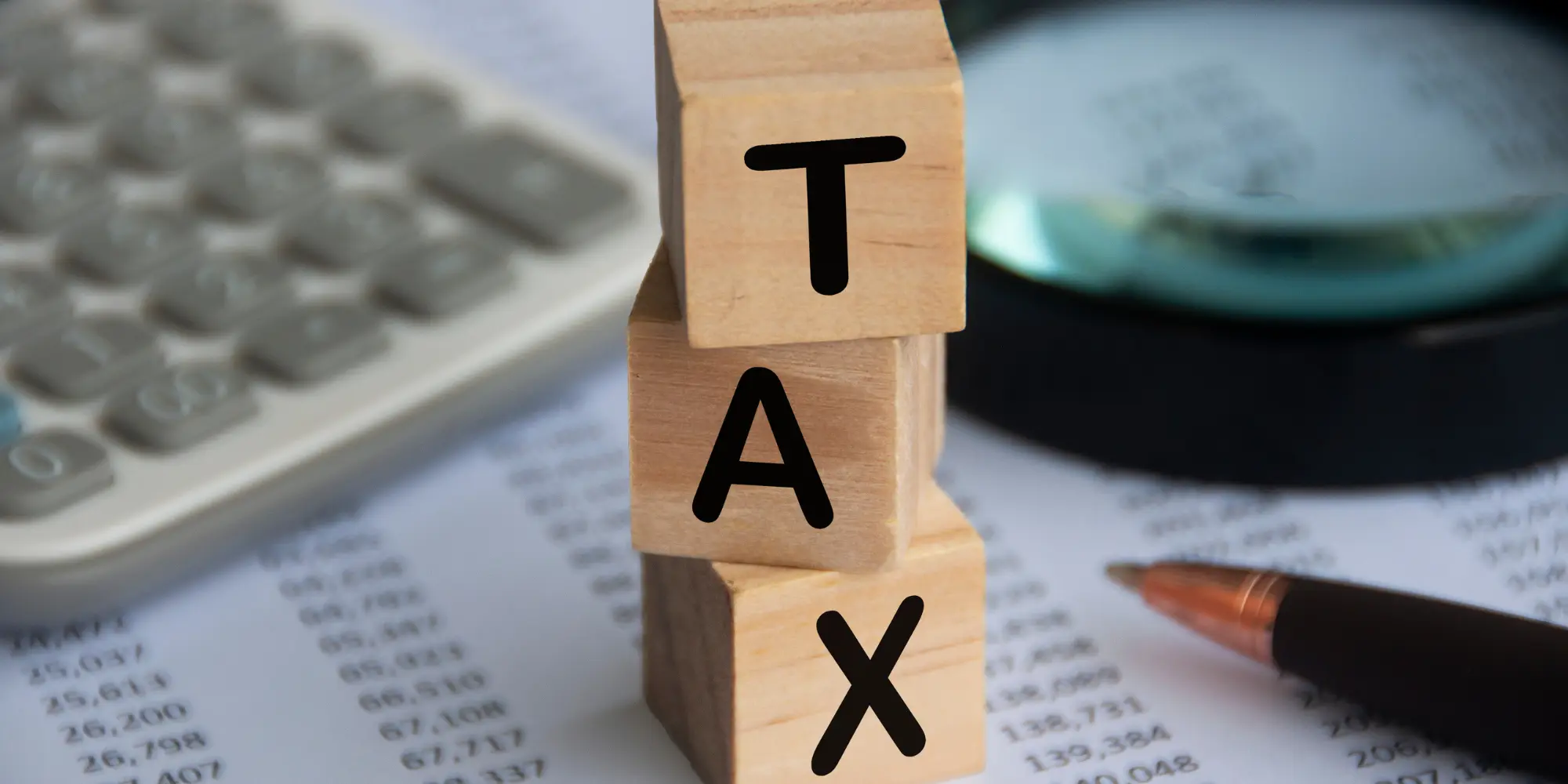
Lyn Formica
Head of Education & Content
See our updated blog post prepared as more information has become available.
Despite weeks of the Government stating they wanted to legislate the purpose of superannuation before considering any changes to tax concessions, today they announced changes to superannuation designed to generate $2b in extra tax revenue every year.
Naturally any announcement of changes to superannuation and related tax rules results in anxiety and frustration that the goal posts are moving, yet again. Today’s announcement is no different. Except in this case, the Government’s announcement was lacking in detail and the devil will most definitely be in the detail.
So in this article, we explain what we know so far, what is still to be answered and where to from here.
Firstly, it’s important to acknowledge that the Government’s announcement is a proposal only. It will need to go through the usual parliamentary process and if legislated as announced, the changes will commence from 1 July 2025 (ie after the next Federal election). In fact, today the Prime Minister stated there will be no changes to superannuation during the current term – the changes announced today would come in during the next term.
Secondly, the Government’s announcement proposes changes to the tax treatment of the earnings of superannuation funds for members with large balances only. The end result is that superannuation will still be a concessionally taxed vehicle for retirement savings but, for some, it won’t be as concessionally taxed as it is now.
Importantly, the Government has not proposed limiting the amount that can be accumulated within the superannuation system, members will not be required to withdraw money from superannuation during their lifetime, and they have not proposed changing the tax free status of eligible superannuation withdrawals from age 60 onwards.
This means superannuation fund members do not need to do anything right now.
So, what have they proposed?
When superannuation fund members are working and making contributions to superannuation, their superannuation balance is held in an account called an “accumulation account”. Currently, earnings on balances in accumulation accounts are taxed at the concessional rate of 15%. The Government has proposed changing this tax treatment, but only for members with large balances. Specifically, the tax rate applied to earnings on balances above $3m will be 30% after 1 July 2025, instead of 15%.
For example, Max has $3.5m in an accumulation account. The earnings on $3m of this money will continue to be taxed at the current concessional rate of 15%. The earnings on the remaining $0.5m would, in the future, be taxed at 30%.
If Max’s superannuation was held in a single superannuation fund, it should be relatively easy for the trustee to work out the tax and deduct it from his member account. But what if Max’s superannuation was split over two funds, say a self managed superannuation fund and also an industry fund? Which fund will have some of its earnings taxed at the 30% rate? And how will the trustee of the industry fund know that Max also has superannuation in another fund – and vice versa? These are both questions which have been asked before when ideas like today’s announcement were floated in the past and then silently put to bed because they would be too difficult to administer cost effectively.
Putting those complexities to the side, what about members with pension accounts? It’s not clear from the announcement whether or not pension accounts would be included in the $3m.
What if Max had a total superannuation balance of $3.5m, but $1.5m was in a retirement phase pension account and the remaining $2m was in an accumulation account?
Currently, earnings on balances in retirement phase pension accounts are not taxed at all. Will that still be the case for Max and his pension account? And how will the earnings on his accumulation account be taxed? Will the earnings on the first $1.5m of accumulation account (ie up to a total superannuation balance of $3m) be taxed at 15% and the earnings on the remaining $0.5m be taxed at 30%?
Accountants and administrators of self managed superannuation funds will, in time, break down the complexity, innovate as only they know how and develop systems to manage these changes. But what about APRA regulated funds? Surely there won’t be a carve out for them purely because the administrative burden would be too high.
And how will the change impact members with entitlements in defined benefit funds including public sector employees? The defined benefit entitlements for some members of these funds are extremely large, but as these entitlements are generally determined by a formula based on length of service and salary rather than by reference to an actual account balance, there are no “earnings” to tax in this way. The Government has stated they intend to and would like to include defined benefit schemes in this measure – the Prime Minister stated there should be the same playing field for members of these funds.
The Government has stated that this change is not retrospective, because it will only apply to earnings post 1 July 2025. But what about capital gains which have been accruing over the years but not realised until after 1 July 2025? If a capital gain is realised on or before 30 June 2025 in an accumulation account, it would be taxed at 10% (ie 15% less 1/3rd discount that applies to assets held longer than 12 months). If sold a day later on 1 July 2025, the capital gain would be taxed at 20% (ie 30% less 1/3rd discount). Will we see another cost base reset like we saw in 2017?
Unfortunately there was simply not enough detail in the Government’s announcement to be able to answer these questions.
So where to from here?
The Government have advised that the next stage in the process will be targeted consultation on implementation of the proposed measure, and that this will take place between now and the May 2023 Federal Budget. Hopefully this will be our opportunity to seek answers to the questions above and propose simpler ways to improve the sustainability and equity within our tax system. Given the proposed start date of the announced measure is some time away, hopefully these conversations will not be limited to just superannuation tax concessions and will extend to the equity and sustainability of things like our current Age Pension regime. The Government has already indicated the tax concessions afforded to members with large balances is their focus at the moment rather than restricting negative gearing or removing the capital gains tax exemption on the family home.
Legislation would follow after that with the intention of taking the measure to the next Federal election.
And, as for the Government’s claim that this change will impact less than 0.5% of all Australians, that might be the case right now, but the Government has also stated that the $3m limit will not be indexed. With growth in superannuation balances, over time, more and more Australians will be impacted by this change.
Want to stay up to date on the latest legislative changes? Heffron Super Companion is Australia's encyclopedia of superannuation, written and updated by industry experts. More information is available here.
This article is for general information only. It does not constitute financial product advice and has been prepared without taking into account any individual’s personal objectives, situation or needs. It is not intended to be a complete summary of the issues and should not be relied upon without seeking advice specific to your circumstances.





